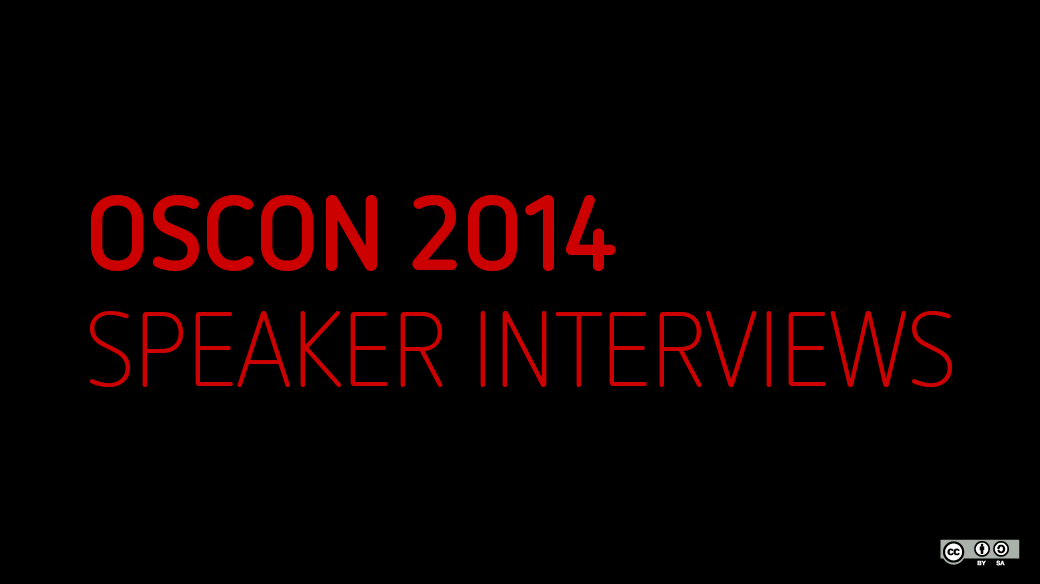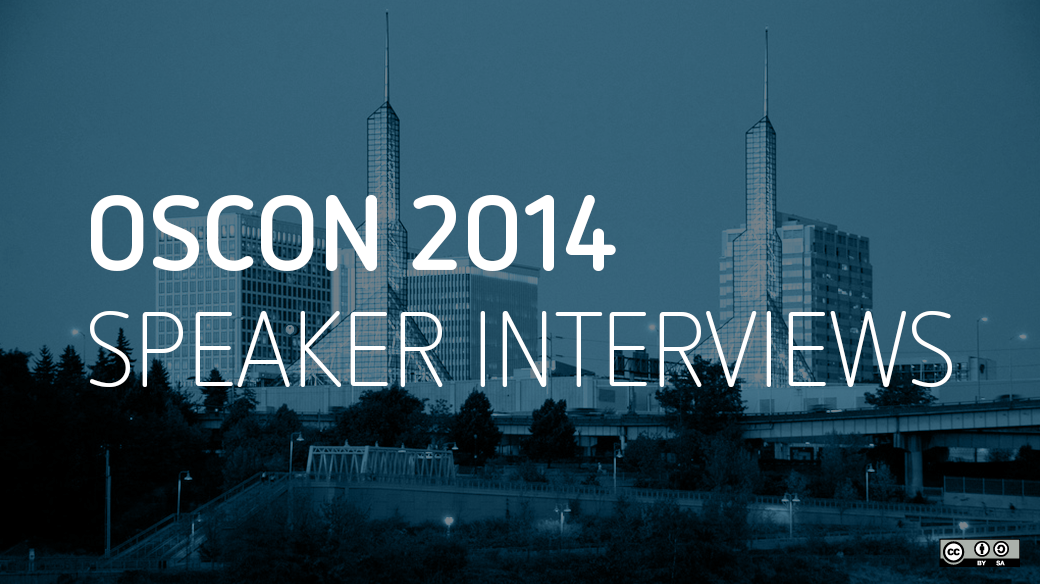Making money from open source. To many in the corporate world, that seems like a contradiction in terms. How are you supposed to make money from something that you give away? they ask. It can be done. A number of companies, large and small, have done quite well in the open source space over the years.
Just ask Patrick McFadin. He’s the chief evangelist for Apache Cassandra at DataStax, a company that’s embraced the open source way. He’s also interviewed leaders at a number of successful open source companies to gain insights into what makes a successful open source business.
At this year's Open Source Convention, held July 20–24 in Portland, Oregon, McFadin will discuss how to make money with open source software (OSS) without deviating from the core principles of open source. In McFadin’s words:
I’m not bringing a magic formula, but I can offer advice to people getting started. There are plenty of pitfalls going from an OSS project to OSS company, and I’ve seen quite a few in my career.
I caught up with Patrick McFadin before his talk. Here’s what he had to tell me.

Why would a company or an entrepreneur want to go the open source route?
If you are looking to be competitive with software, closed source has become an impediment. I say that especially about software in the infrastructure, such as servers, tools, and libraries. The genie is out of the bottle and running open source has gone from being the exception to more of the rule. That an engineer can look at the source code, see the product features being worked on, and file new issues or features imparts a level of trust you can’t get in other ways.
If your software is hiding behind marketing glossies and your competition isn’t, that’s going to be tough sell. I feel somewhat validated as I see many companies that were previously closed source only, trying to open source software as a way to stay competitive.
What advantages does being an open source company offer?
The big advantage of open source over closed is adoption. When you release your masterpiece to the world, you have no credibility or trust built up. A user has to feel that downloading your software is a good idea and carries a manageable risk. If you consider the free as in beer aspects of open source, having fully functional software, with no limitations, free for the downloading, eliminates a lot of perceived risk. If it doesn’t work, you have only lost some time understanding why.
I think of the way we have done business in a closed source world, which wasn’t that long ago. Organizations have built up a massive processes to evaluate products only to make sure there is a fit for the needed use case. I blame the rise of the Request For Proposal (RFP) on closed source software. Endless lists of will your software do this or that. If you are considering an OSS project, it will take less time to download and try it than to generate an RFP.
What, in your experience, are the most effective business models for an open source business? Why?
The easy trap when starting a business plan around open source is to become a services company. Consulting, training, and support are all very important. But they’re difficult to scale and as a company, have low valuation.
If you are into software, you need to be a product company. This means selling a license at a unit cost. The license can include support and other services, but it can’t be a service contract. This also means you need to throw in some closed source software as part of the license. It’s a fine line of how you mix in closed and open and can be a hot button issue for people supporting pure OSS. My criteria is never close source anything that may degrade the open source version. Open it up, and just be OK that some people will never buy your software.
Where do you find that the main opportunities in open source for businesses lie?
Product companies can have much better outlook than service companies just from a risk perspective. When the company's success is driven by the knowledge of a few people, the loss of those people can be devastating. I’ve seen entire teams in Silicon Valley move from one company to another. If you are selling a product, it will still hurt but you can hire more people and the product will live on. If the value is in the mindshare, you may not recover.
That’s not to say that product companies aren’t risk free. You are still faced with challenges in adoption and sales. Convincing organizations to pay for something that is free to download means you have to be good at showing value. Companies everywhere are adopting OSS but are not ready to be deep experts in whatever software they are using. That’s where the value proposition lies and hitting that is critical to staying in business.
What, if any, are the barriers to entry?
The first barrier is just understanding your market impact. Is there enough demand to support a sustainable business?
The second is convincing others that there is a market. It’s not an easy telling people that part of your business plan is to make your main product free and open. In the traditional business sense, that’s just crazy talk.
Fortunately, those barriers are lowering as OSS becomes more mainstream and can be backed with real data. I was recently at a OSS business conference where there were plenty of executives and investors in attendance. Finding those like-minded individuals will help you be successful. Creating a business around a project can help nurture it and grow. A great line I heard once is:
I see a OSS project as competitive when somebody quits their day job and tries to make a business around it.
What effect does picking a license have on a company's ability to make money with open source?
License choice is a huge challenge for a project maintainer. What seems like a quick or simple choice can turn into a long term liability. Like any commercial license, the devil is in the fine print. You can go with a very permissive license such as the Apache License, or something more restrictive such as the GNU Public License (GPL), or one of its variants like AGPL.
If you plan on doing business with other businesses, you may want to reconsider the use of GPL. Use of the GPL can be seen as a liability in some corporations and can limit adoption. Whereas if you pick a very permissive license like Apache, you lose a lot of control of your project to anyone that wants to fork it and take it in a different direction.
I prefer the more permissive licensing as I believe it offers the most flexibility for adoption and therefore less commercial issues.
Can smaller shops (say, of one or two people) apply the advice you'll be offering in your talk to their work?
Datastax, the company I work for, started with two guys looking to support Apache Cassandra. That business has grown and done well.
There is a path from very small to large public company. It’s way more than just making a tarball of the source available from a website. Small shops have a huge advantage in that regard when starting as OSS first. I will have something for those companies looking to open source something previously closed source as well. I can say that is probably the most difficult since there is so much commercial inertia.







Comments are closed.